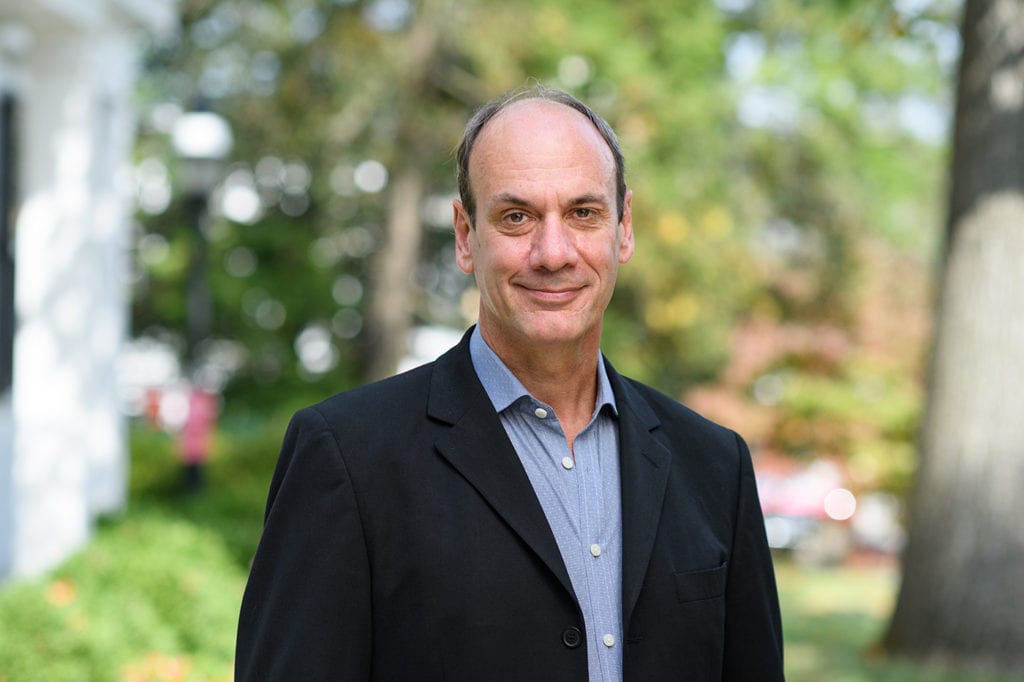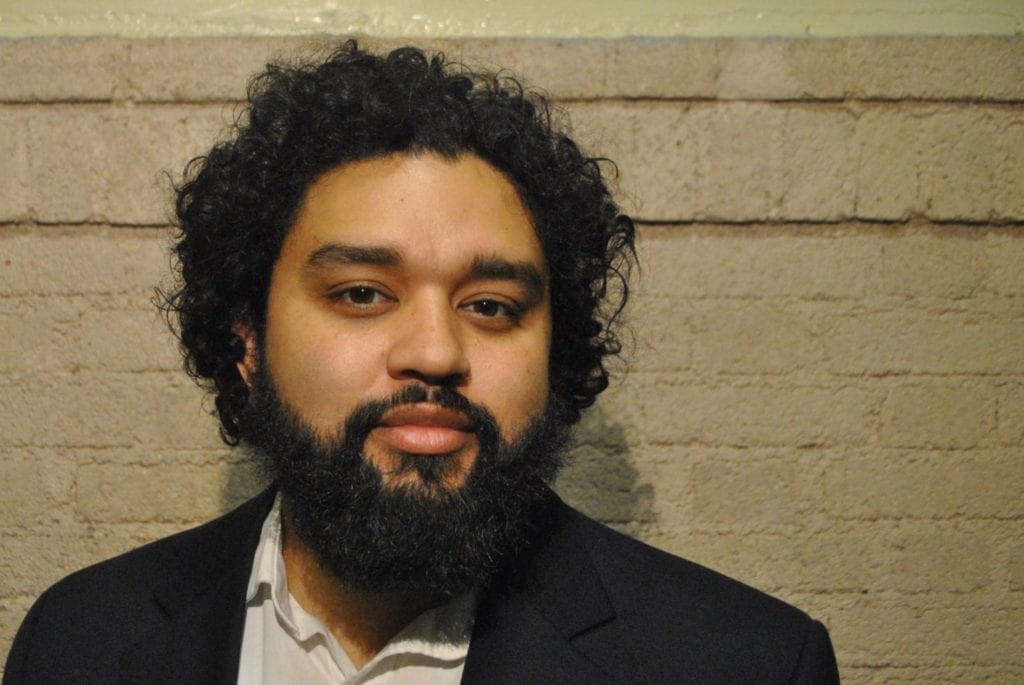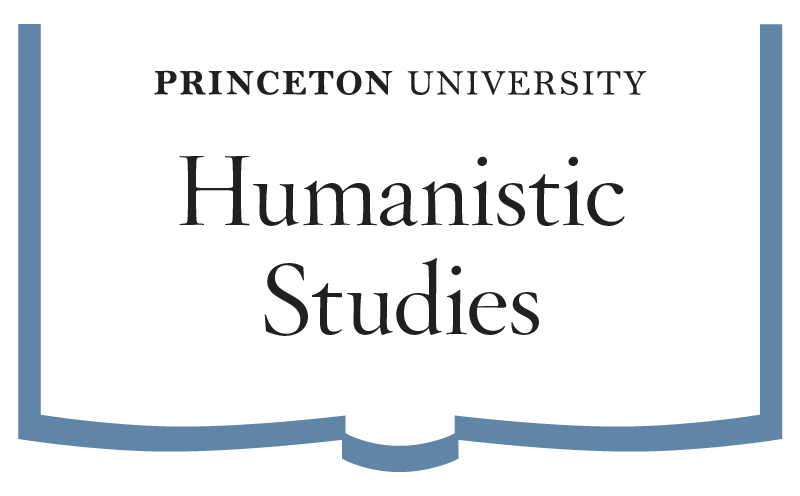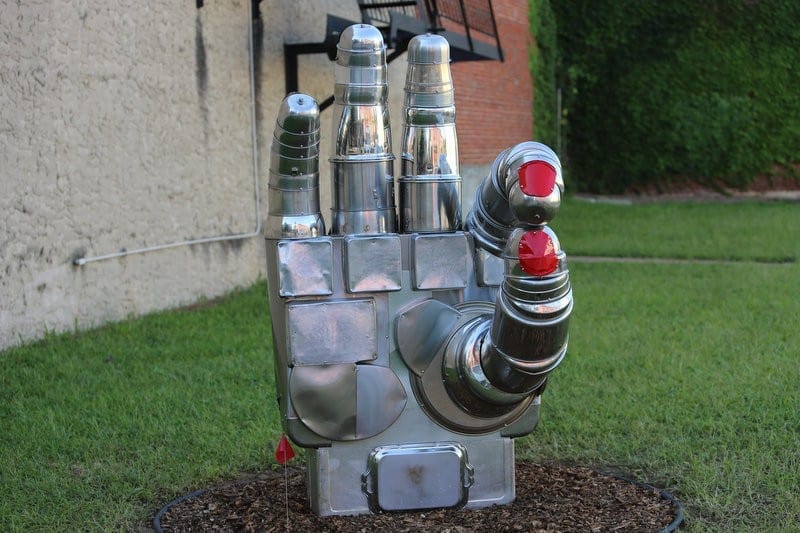By Catie Crandell
For those familiar withVance Smith’s usual medieval subjects of study, the professor’s latest course for the Program in Humanistic Studies may come as a surprise. This new team-taught seminar, “Arts in the Invisible City: Race, Policy, Performance,” combines approaches from literary studies, theater, and urban studies to examine the historical and contemporary racisms that have shaped Trenton, New Jersey.
Smith has been thinking about a version of this course ever since moving to Trenton several years ago. “In a lot of ways, Trenton is that classic, sociologically invisible city,” he explains. With an extractive economy and majority population of people of color, Trenton also has a rich and burgeoning art scene that goes largely unnoticed outside of the area. “There are amazing muralists and graffiti artists, photographers, collagists, and also an active underground punk scene.” Though there has often been talk of a “Trenton renaissance” ever few years, this critical mass of artists and venues that have generated themselves are a promising sign in Smith’s opinion. “That is what got me thinking: what would all this incredibly energy do with backing?”

This is where Trenton’s close ties with Princeton come in. As Smith points out, many of the service workers in Princeton actually live in Trenton, and yet the relationship between the cities is a very lopsided one. “We have an ethical obligation to think about this,” Smith explains, “I would really like to see something that is sustainable and long-term and changes things in Trenton.” By bringing attention and resources to Trenton’s art scene, this course opens a window of opportunity to bring the two communities more in line with one another.

In addition to working through a diverse set of readings about race, community, and urban invisibility, students will follow the development of a new play by Trenton’s Passage Theater called “The OK Trenton Project.” The documentary-style play responds to a recent incident in which a community-organized sculpture titled “Helping Hands” was removed due to “concerns” that it was promoting “gang” culture. Like the play, the course explores what impact art can have on a community.
“Arts in the Invisible City” will be co-taught with playwright Nathan Davis, who is a Lecturer in English and Theater and currently the Berlind Playwright-in-Residence at the Lewis Center for the Arts. The course will include speakers from activist, artistic, and policy backgrounds. Smith hopes that it can become a yearly course with each iteration focusing on a different artistic project in Trenton. “It doesn’t take very much to get people excited and feel like they are valued,” he explains.













